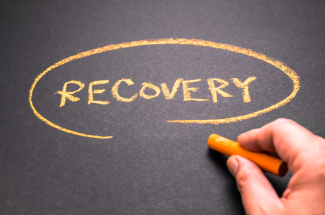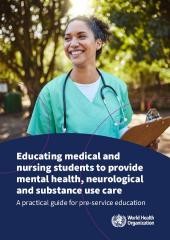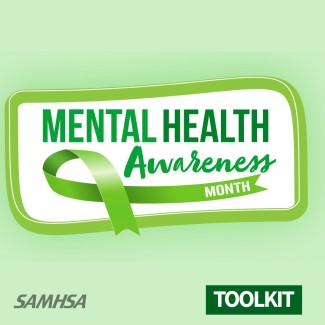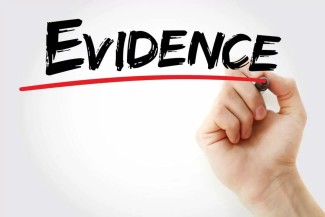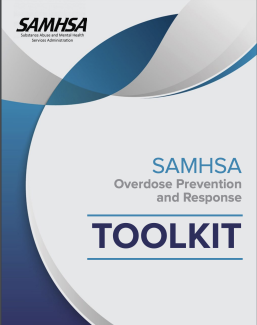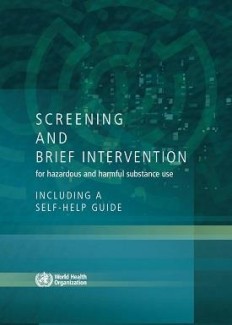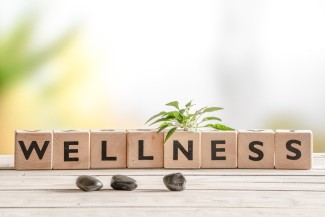Search
Thinking for a change 4.0.
About the program:
Thinking for a Change 4.0 (T4C) is an innovative cognitive behavioral change program crafted by experts Jack Bush, Ph.D., Barry Glick, Ph.D., and Juliana Taymans, Ph.D., in partnership with the National Institute of...
The MISSION-criminal justice treatment manual.
In order to effectively implement MISSION and maintain program fidelity, model-specific treatment manuals and consumer workbooks have been created. Each treatment manual is a comprehensive how-to guide for case managers, peer support...
Educating medical and nursing students to provide mental health, neurological and substance use care: A practical guide for pre-service education
Pre-service education sets the foundation for preparing health professionals to provide services within health systems. Educating medical and nursing students to provide mental health, neurological and substance use care: A practical guide...
Supporting the Journey: A Reading List for Addiction Nurses
2025 Mental Health Awareness Month Toolkit
May is Mental Health Awareness Month
Join the movement to prioritise mental health!
Use SAMHSA’s Digital Toolkit to help raise awareness, start important conversations, and share the powerful message that #MentalHealth is health.
The...
Building the Foundation of Evidence-Based Practice: A Guide to Evidence-Based Substance Use Prevention Resources
Evidence-based practice (EBP) serves as the foundation for effective prevention strategies, ensuring interventions, programmes, and policies are grounded in the best available scientific knowledge.
This guide presents a curated collection...
Overdose Prevention and Response Toolkit
SAMHSA’s updated Overdose Prevention and Response Toolkit provides guidance to a wide range of individuals on preventing and responding to an overdose. The toolkit also emphasizes that harm reduction and access to treatment are essential...
Engaging Youth in Substance Use Prevention
Engaging youth in substance use prevention has proven to be a vital and effective strategy. Empowerment across all youth, but particularly among marginalised groups such as youth of colour, is a significant aspect of this involvement...
Self-Care Toolbox For UNC Horizons Team 2020 version
This document provides self-care tools for the professional caring for women in treatment.
Self-Care Toolbox for women in recovery
This document provides self-care tools for women who are seeking or in recovery.
Alternatives to Incarceration (ATI) Reading List
Alternatives to Incarceration (ATI) encompass multi-sector approach on strategies and programs designed to divert individuals with substance use disorders away from conventional imprisonment. These alternatives address treatment, support...
National Prevention Week 2024
The National Prevention Week planning and promotional materials were created to help your ongoing prevention efforts. You can help raise awareness about the importance of positive mental health and substance misuse prevention by hosting...
Stimulants: Understanding Use, Impact, and Responses Reading List
Stimulants are a class of drugs that act on the central nervous system, increasing alertness, energy, and attention while elevating mood. They achieve these effects by enhancing the activity of neurotransmitters such as dopamine and...
Screening, Brief Intervention, and Referral to Treatment Reading List
The WHO ASSIST package for hazardous and harmful substance use
The ASSIST package, which consists of a brief questionnaire, a guide for health professionals on how to use the questionnaire in detecting and responding to substance use and also a self-help manual for cutting down or stopping substance...
Wellness in Recovery: Reading List
Share the Knowledge: ISSUP members can post in the Knowledge Share – Sign in or become a member
